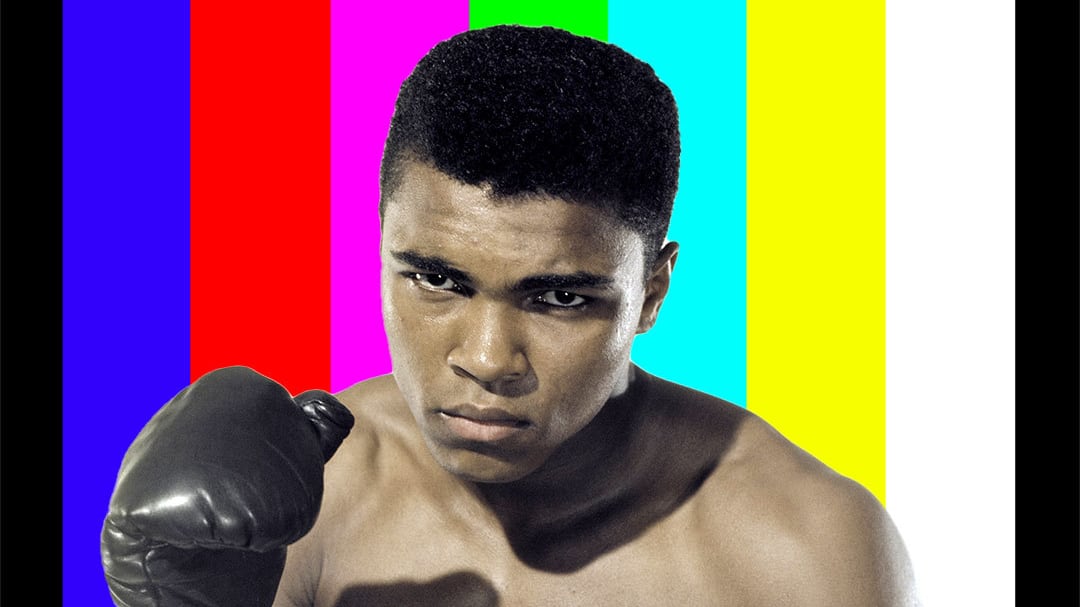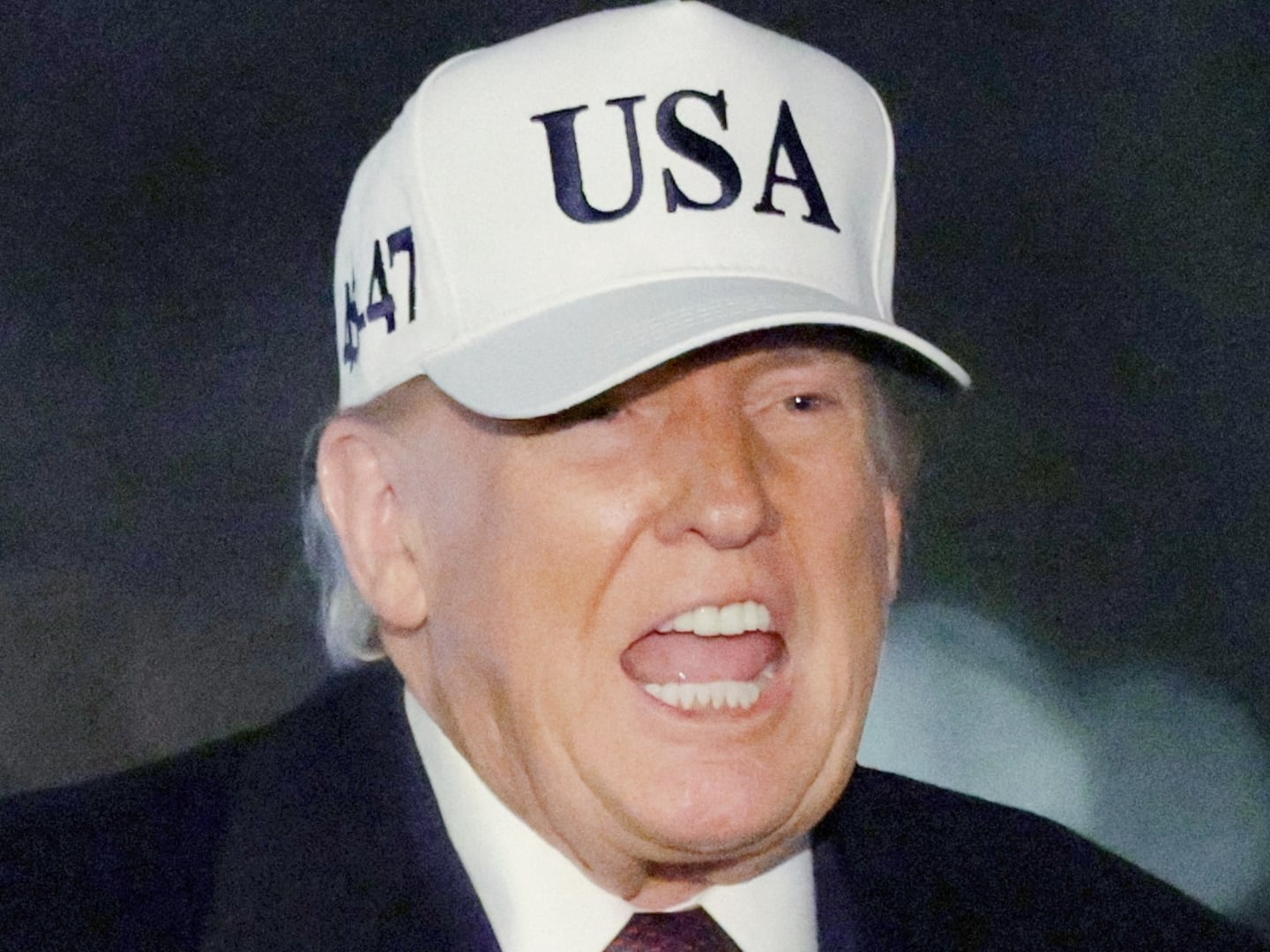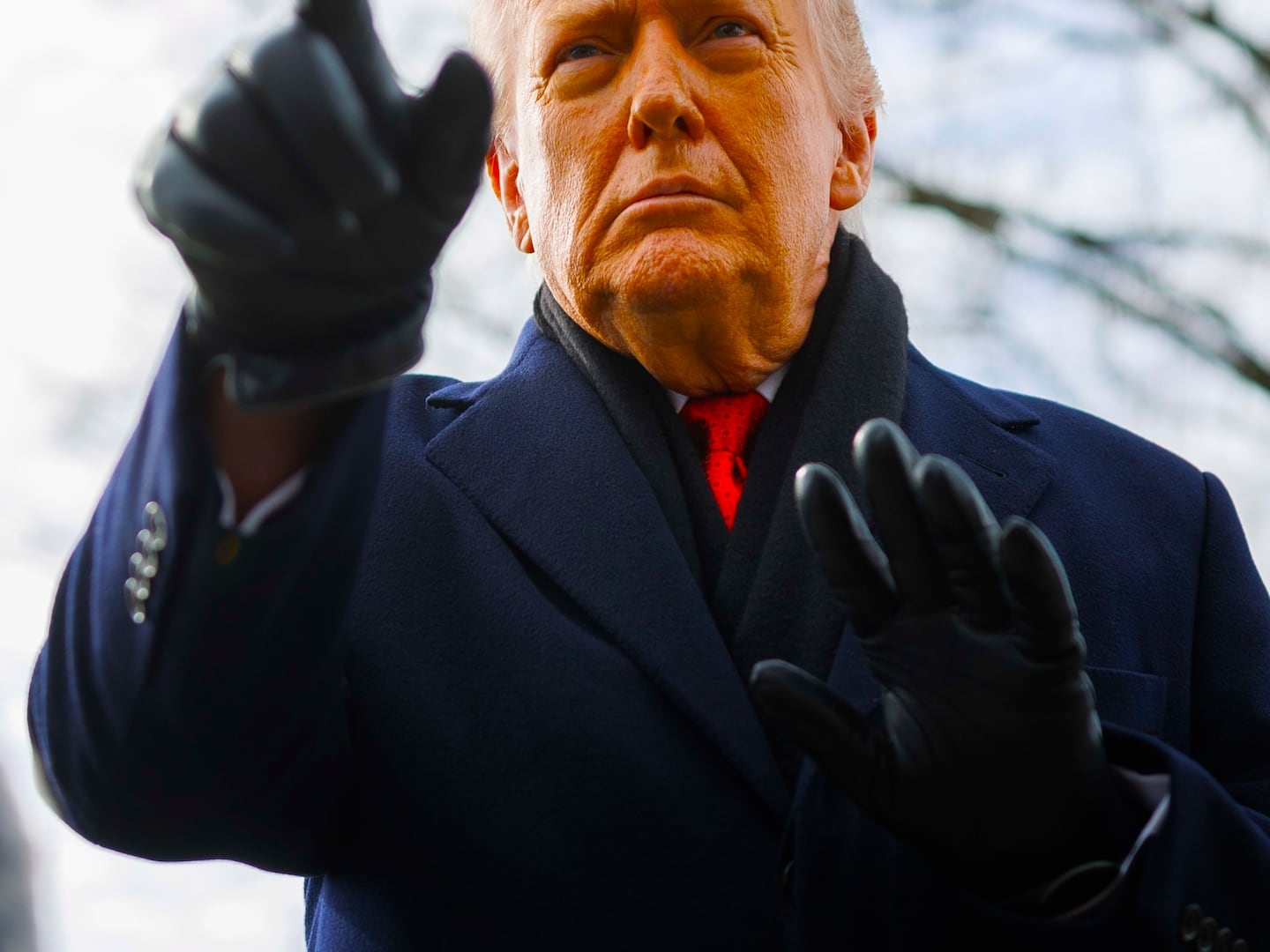PBS documentarian Ken Burns, known for his films The Civil War and Country Music, didn’t start working on a new Muhammad Ali documentary eight years ago thinking that the boxer’s story would be just as relevant today as it was during Ali’s prime, but that’s proven to be exactly the case.
“When you make a decision in 2013 to do something on Muhammad Ali, you don’t think, ‘Oh, we’re going to be arriving in a post-Trumpian, COVID world that has Black Lives Matter,’” he tells Molly Jong-Fast on the latest bonus episode of The New Abnormal.
The film covers all aspects of Ali’s life, though, explains Burns. “The four wives, the many children, the brother, the flirtation with the Nation of Islam, the joining of the Nation of Islam, the abandonment of his teacher and friend and mentor Malcolm X, all of the ways he diverged from the traditional civil rights movement and the way that he connected with the spectacularness of his comeback, his fight with the U.S. government. It’s just so interrelated,” Burns says.
Did you know you can listen to The New Abnormal bonus episodes in your member dashboard or a podcast app? Click here to get set up and sign up for new episode email alerts here.
Ali’s daughter also makes an appearance in the film, “pinching her fingers together,” saying, “‘boxing was only this much,’” Burns recounts. But there are tons of documentaries about Ali, so why is this one different?
According to Burns, “When you do a deep enough dive over as long a period of time as we’ve been privileged to have you just discover endlessly daily new things about him and interrelationships.”
Seeing as this podcast is called The New Abnormal, Molly asks what the lesson for now is from the film. One thing, Burns says, is the idea of the role of athletes involved in activism.
“None of [these current right-wing politicians] took the risks that he did,” he says. “Colin Kaepernick hasn’t worked for a long time, but he’s got a Nike deal. Muhammad Ali had to dip into his wife Khalilah’s college fund in order to just pay the bills in this wilderness period.”
Listen to The New Abnormal on Apple Podcasts, Spotify, Amazon and Stitcher.







